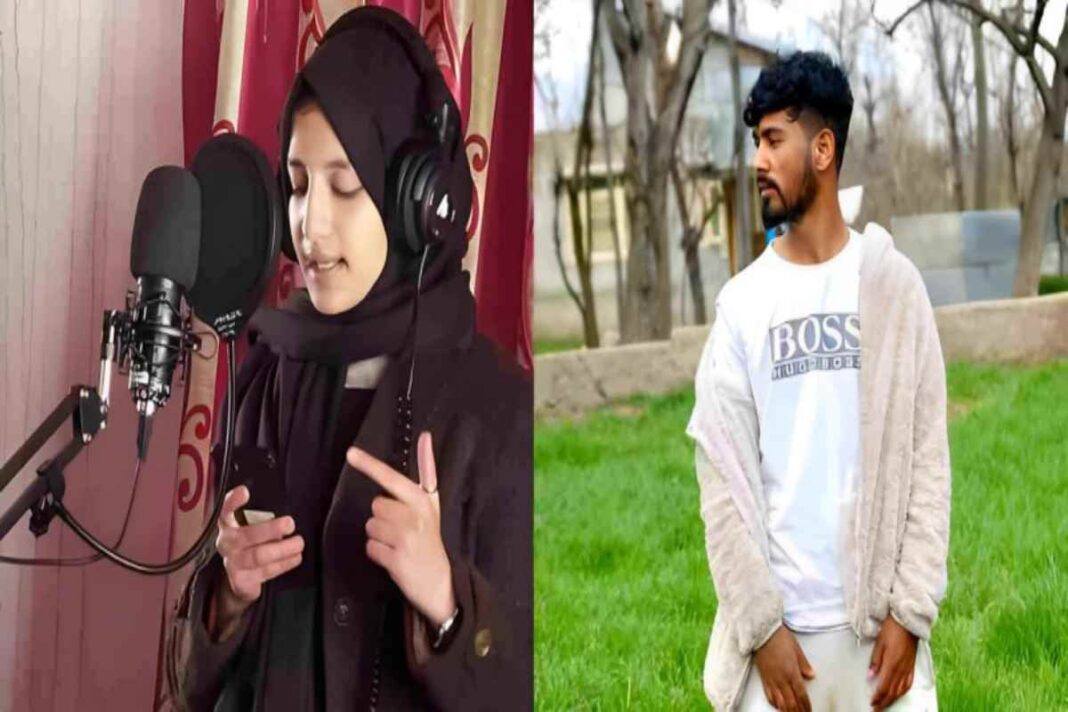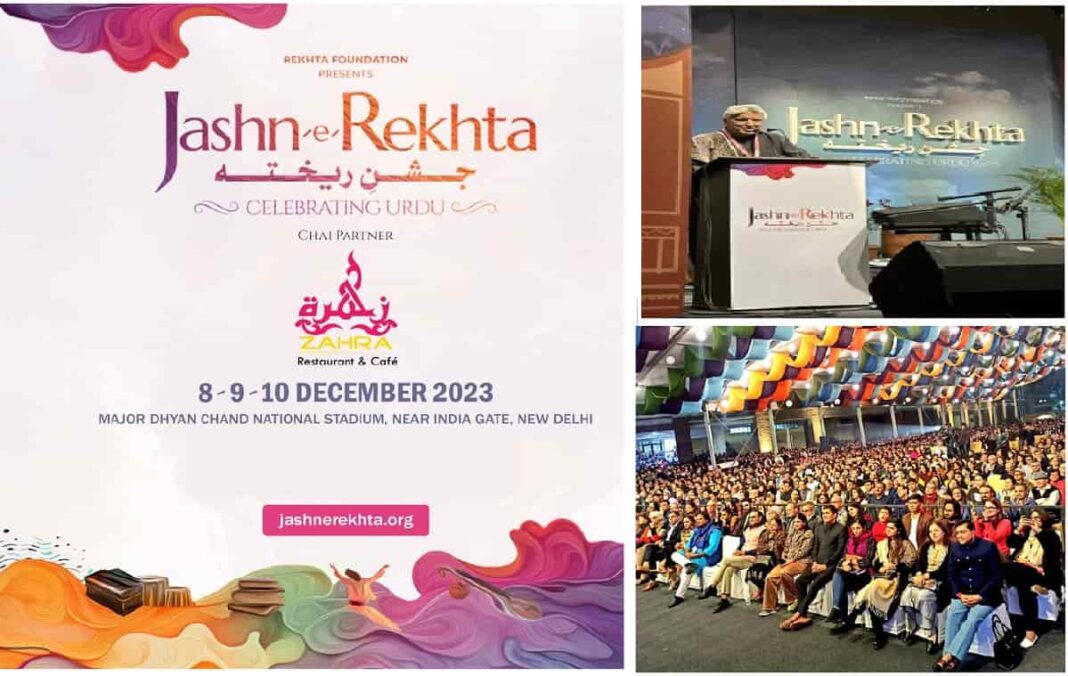In a significant move, after the enchanting Garba dance festivities in Gujarat during Navratri, UNESCO has acknowledged Iftar as part of the representative list of intangible cultural heritage. This practice, observed daily by Muslims worldwide during the sacred month of Ramazan, holds profound cultural significance.
Joint Presentation to UNESCO
The joint presentation to UNESCO was a collaborative effort by Iran, Turkey, Azerbaijan, and Uzbekistan, highlighting the universal importance of Iftar in the global cultural tapestry.
Iftar: A Living Heritage Celebration
UNESCO recognizes Iftar, also known as Eftari, Iftar, or Iftor, as a celebration occurring at sunset during Ramadan. This recognition places it on the Living Heritage List, emphasizing its living, breathing essence within the communities that uphold this tradition.
Beyond Fasting: Community Bonds and Solidarity
Iftar signifies the conclusion of daily fasting from dawn to sunset, transcending age, gender, and background. In Muslim countries, the month of Ramadan brings forth a vibrant array of activities, including prayer ceremonies, music, storytelling, games, traditional food preparation, and marriage arrangements after evening prayers. Post-sunset, these activities often evolve into communal meals or gatherings.
Strengthening Bonds: Family, Community, and Beyond
UNESCO emphasizes that Iftar is pivotal in strengthening family and community bonds and fostering charity, solidarity, and social exchange. The associated ceremonies and rituals extend beyond fasting individuals, involving those who may not fast during Ramadan. Knowledge and skills are transmitted through familial channels—oral instruction, observation, and active participation.
Youth Engagement and Cultural Transmission
Children and youth often prepare traditional meals, becoming bearers of cultural knowledge. Parents utilize this time to impart wisdom regarding fasting benefits and the broader social values encapsulated in the act of Iftar.
Global Support and Recognition
Iftar’s recognition by UNESCO marks a global acknowledgment of this age-old tradition. Government institutions, NGOs, charitable organizations, television, radio, press, and social media actively contribute to the widespread celebration of Iftar.
For a detailed story, please visit: Awaz the voice
Also Read: NTCA and Sankala Foundation’s Artistic Celebration of Tribal-Wildlife Harmony
You can connect with DNN24 on Facebook, Twitter, and Instagram and subscribe to our YouTube channel.



